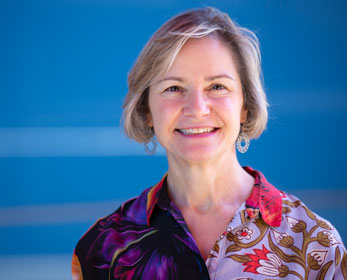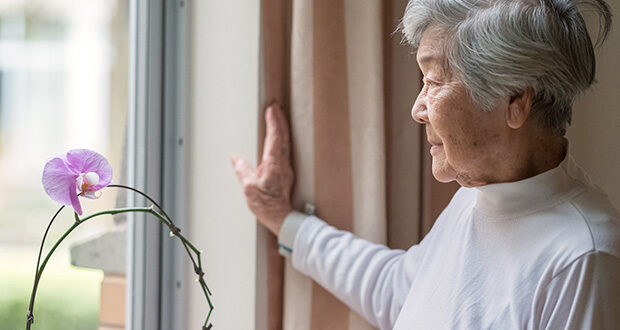Edith Cowan University researchers are launching a program to address the lack of social support for older migrants living with dementia.
The initiative 'BEFRIENDING with GENIE' aims to improve social connections and access to services for people from culturally and linguistically diverse (CaLD) backgrounds living with dementia.
It's estimated that nearly half a million Australians are living with dementia, and one in three were born overseas.
Lead ECU researcher Professor Loretta Baldassar said there's a critical lack of support for older migrants in Australia, leading to adverse health outcomes and loneliness.
"Despite the large number of CaLD people among the ageing population, most studies and programs just omit people who can't speak English," she said.
"It compounds our lack of knowledge and understanding about their needs and contributes to barriers.
"It's crucial to address this issue considering dementia rates are rising."
Dementia is the leading cause of disease burden in injury and premature death among Australians aged 65 and older.
Over 400,000 people in Australia were estimated to live with dementia last year, which is expected to double by 2058.
Yet, people from migrant backgrounds [who live with dementia] face significant barriers in making social connections and accessing aged care and health services.
As the disease progresses, people might lose language skills or become less mobile, which can result in fewer social interactions and isolation.
Professor Baldassar said that older CaLD people living with dementia, and their caregivers, often have less knowledge about prevention strategies that can support social connectivity.
"This can put them at increased risk of significantly reduced social connection and isolation, which raises their risk of disease and mortality," she said.
While ageing presents unique challenges for everyone, these challenges are often exacerbated for older CaLD people.
They might have experienced trauma before migrating and live with mental illness, have smaller social networks or be unfamiliar with Australian society.
When accessing aged and healthcare services, they can face language barriers or struggle to find culturally or linguistically appropriate support.
Plus, people from migrant backgrounds can have culturally different views on aged care services, where they prefer family-centred care over formal care.
"We need to start recognising and supporting these people and their caregivers," professor Baldassar said.
"We're living longer, regardless of what language we speak or cultural background we're from.
"Investing in our ageing futures and preventing long dependency states should be a priority."

Earlier this month, Edith Cowan University (ECU) secured a $1.4m grant from the National Health and Medical Research Council (NHMRC).
The project combines two tried-and-tested approaches, 'BEFRIENDING' and 'GENIE'.
The first is a programme developed by the National Ageing Research Institute (NARI) where older people engage in casual conversations with a trained facilitator to reduce loneliness.
The second is an online social support network and engagement tool tailored to the interests of older people and their needs and tracks changes in the participant's social connections over time.
Professor Baldassar said the combination offered 'the best chance of having an impact' to address loneliness, social isolation, and poor dementia outcomes.
"It's a powerful mix of tried and tested tools," professor Baldassar said.
"Our intervention aims to provide service providers with a tool to give people the advice they need to become more socially active.
"We want to empower individuals to access resources, participate in social activities, and enhance their support networks."
NARI Director of Social Gerontology Professor Bianca Brijnath said the project fostered 'real connections' and was a 'vital step' towards providing wraparound support to people from CaLD backgrounds with dementia.
"For people with dementia from a multicultural background, ageing can be a particularly isolating experience," professor Brijnath said.
"Being separated from culture by distance, or because of health circumstances can be incredibly traumatic and have adverse impacts on health outcomes."
While maintaining connections within one's ethnic community offers important support, ties to the broader community may be especially significant for fostering a sense of belonging.
Research consistently showed that meaningful connections led to positive outcomes, such as reduced frailty, fewer depressive symptoms, preventable hospitalisations and dementia.
While social connectivity could be the key to avoiding dependency in older age, professor Baldassar emphasised that this required 'a shift in mindset.'
"Ageism is the biggest barrier to ageing well," she said.
"We need a social revolution in our relationship to ageing.
"Because we want people to be investing in their futures, whatever their age."
Do you have an idea for a story?Email [email protected]
 Aged Care Insite Australia's number one aged care news source
Aged Care Insite Australia's number one aged care news source

